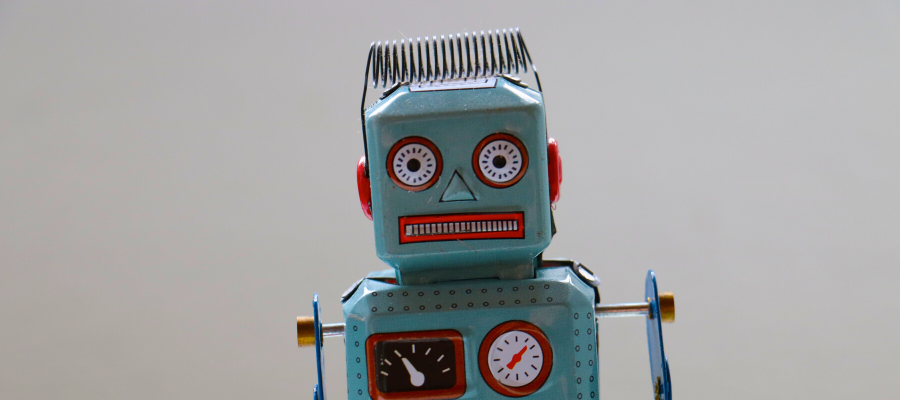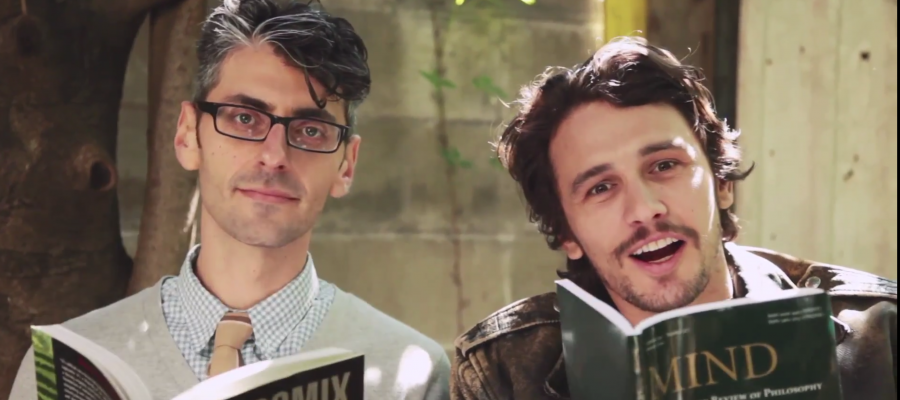Can the Laws of Physics Change?
12
Aug 2017
What if gravity suddenly stopped working? Or what if e=mc3 rather than e=mc2? Could the fundamentals of physics really change?
Read moreCould the Laws of Physics Change?
13
Aug 2017
What if gravity suddenly stopped working? Or what if e gradually came to equal mc3 rather than mc2? Could the fundamentals of physics really change? Or Is this just the stuff of science fiction?
Read moreWhich Statues Should Go?
18
Aug 2017
Many public monuments in the United States depict people who have done hideously immoral things. Almost all depict morally imperfect people. If we accept that some statues should be left in place and some should be torn down, what principles determine which should be torn down?
Read morePolyamory
27
Aug 2017
What is it like to be in love with more than one person at a time? Is monogamy natural or an outmoded cultural artifact? Although lifelong fidelity to a single partner remains a cultural ideal, few people live up to it.
Read moreYour Question: Changing Physical Laws
28
Aug 2017
We can trace our fundamental forces back to microseconds after the Big Bang. If we can trace them back this far, wouldn't the only way to change the fundamental laws of the universe be to recreate the conditions of the Big Bang? -Zach in Arkansas
Read moreRobots and Sexthics
05
Aug 2017
Robotic yet eerily human-like, sex robots and their proliferation will promise a new revolution in sex. But what are the benefits of this technology and its potential ethical risks? For example, could it mitigate sexual assault? Or might it simply legitimate it?
Read moreMental Health and Assisted Suicide
11
Aug 2017
Should people with a mental illness be helped to die if that is what they wish? When thinking about assisted suicide, should we distinguish between severe mental and physical health conditions? Or would expanding assisted suicide to mental health conditions simply provide an "out" to tough situations?
Read morePhilosophy of the Midlife Crisis
07
Aug 2017
In “Death and the Midlife Crisis” psychoanalyst Elliot Jacques found that his patients were flourishing but had a sense of malaise and meaninglessness associated with death. Philosopher Kieran Setiya thinks that the answer to the midlife crisis is to pursue activities that do not necessarily have a particular end point.
Read moreSuperpredators Old and New
03
Aug 2017
In a recent speech, Trump painted a picture of humanoid predatory animals hell-bent on torturing, killing, and raping beautiful, innocent teenage girls. Trump’s speech should not be regarded as the return of the superpredator idea, because the idea that young Black and Latino males are roving, predatory beasts never really disappeared.
Read more#FrancisOnFilm: Dunkirk
09
Aug 2017
Christopher Nolan's Dunkirk portrays ordinary people acting under tremendous fear. Some are glorious, some are mean-spirited, some are anxious, and many are patient. But the lesson to be drawn from this movie is that it is not particular individuals alone but practical solidarity that matters “to outlive the menace of tyranny,” in Winston Churchill’s words.
Read moreCreativity and Character
21
Aug 2017
Do you have to be courageous to be creative? Or is it better to give the public what it wants? What are the character traits that make somebody exceptionally creative? What exactly are we picking out when we praise an individual for her creativity. Is it eccentricity? novelty? originality?
Read moreWhen Driverless Cars Must Choose
01
Aug 2017
Will driverless technology someday make human drivers obsolete? Would you be willing to trust your safety to an algorithm? What if you knew that the algorithm might decide to sacrifice your life to save the lives of others?
Read moreIs James Franco Rescuing Philosophy?
15
Aug 2017
You might not have expected it, but the actor James Franco is promoting analytic philosophy in his new YouTube series, Philosophy Time. In relatively short videos, Franco chats back and forth with prominent philosophers on issues ranging from metaphor to abortion. Could these videos be the answer to the "crisis" in philosophy and the humanities?
Read moreThe Best of Analytic and Continental Philosophy
24
Aug 2017
In a recent interview in What is It Like to be a Philosopher, Tina Fernandes Botts answered the age-old question of whether analytic and continental philosophy are really all that different in the final analysis. Although Botts tries to bridge the "divide," she somehow manages to duplicate the very same debilitating stereotypes of these two fields at the same time.
Read moreDennett vs. Papineau on Consciousness
16
Aug 2017
Both David Papineau and Dan Dennett are famed materialists (the doctrine that consciousness can be fully explained by material and neuronal functions), so why did Papineau give Dennett's book, From Bacteria to Bach and Back, a critical review?
Read moreFlexitarian vs. Vegetarian
17
Aug 2017
Suppose our goal is to reduce overall meat consumption. Would it be better to become a vegetarian, who eats no meat, or a flexitarian, who eats a little meat? A recent Aeon article by Alberto Giubilini makes the case for flexitarianism.
Read more[VIDEO] Are You Living in a Simulation?
30
Aug 2017
Business magnate Elon Musk believes that it is highly probable that we are living in a simulated reality. With recent and rapid progress in photorealistic, 3D simulations, Musk maintains that the ability for humans to realistically simulate reality is not so far off. In fact, we might already be living in a simulation.
Read more














